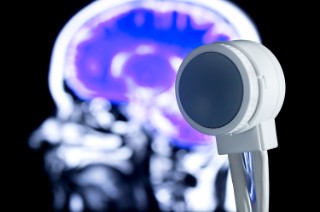Fraunhofer IBMT collaborates in the new EU-funded research project ENDOMIX / 2024
Hidden health risks of endocrine disruptors?

The Fraunhofer Institute for Biomedical Engineering IBMT, with its long-term expertise in cell models and toxicology, contributes to a new EU-funded project on health risks of endocrine disruptors. Endocrine disruptors are chemical substances that may mimic endogenous hormones and thereby interfere with the endocrine system. The EU-funded research project »ENDOMIX«, started in January 2024, aims to comprehensively unravel how exposure to everyday chemicals with endocrine disrupting properties affect human health. The researchers will also elaborate recommendations to reduce exposure to these chemicals and minimize thereby health risks.
more info

